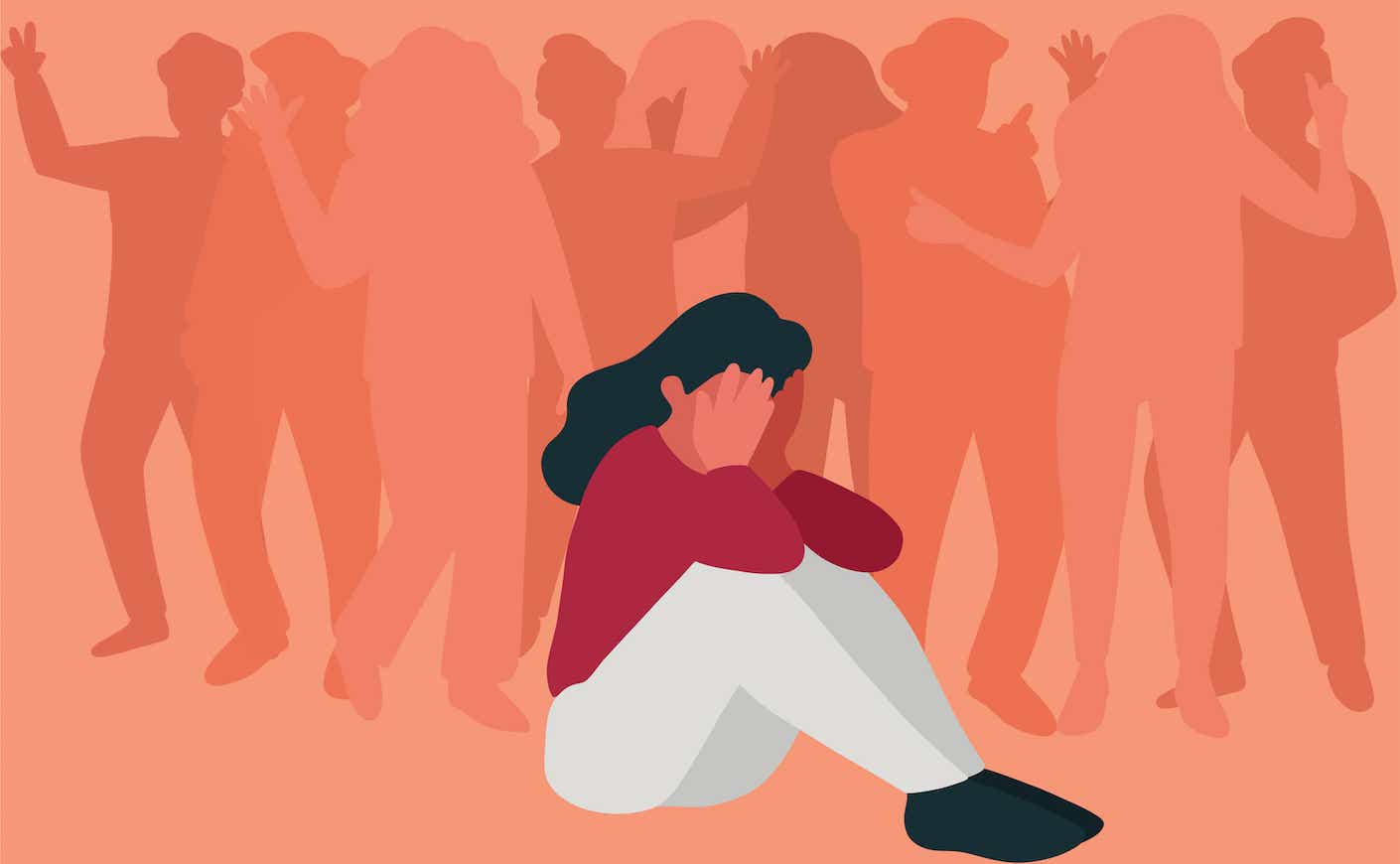Punita Khanna had everything she’d ever dreamed of: a senior position at an elite healthcare firm in Los Angeles, a wonderful son, and a loving husband. She felt that nothing could disrupt the perfect life she’d created for herself. And then in 2016, at age 54, she was diagnosed with breast cancer, and her world started falling apart.
Khanna was shocked. She’d already had over 10 clear mammograms in her life and had no known family history of the disease. Her husband John, then 61, had battled prostate cancer, and their son was only 11 years old. What would happen, she worried, if her child lost both of his parents? Although Khanna was distraught, she decided not to tell anybody beyond her family and a few close friends about her diagnosis. “I was a very private person at the time, and I wanted to preserve my own well-being,” says Khanna. But there was another component to her decision not to speak openly: “There’s a lot of social stigma about disease in the South Asian community,” Khanna explains. “The way I was raised, it was taboo to speak about illness, disease, or even mental health. We learned that it meant there was something wrong with you, and that would project a poor image of you to the community.”
After Khanna’s husband and friends agreed to respect her wishes not to discuss her diagnosis, the next step was to work with her doctor to figure out a treatment plan. That’s when she learned about the Oncotype DX Breast Recurrence Score test, which uses a sample of a tumor to help determine whether patients with early-stage, hormone-receptor-positive breast cancer will benefit from chemotherapy. Khanna’s score, a six, indicated that she would not need chemo, and the news significantly decreased her anxiety about her diagnosis.
After successfully completing her radiation treatment, Khanna finally began unpacking the impact her diagnosis had on her not just physically, but emotionally. Her reluctance to speak to anyone about her disease made her feel lonely at times, like she was the only woman in the world who was dealing with this issue. She then slowly began speaking to friends in the South Asian community about breast cancer, and the response she got shocked her. “So many women told me that they were also breast cancer survivors but hadn’t told anyone,” she recalls.
Unfortunately, Khanna later learned that the secrecy within her own family might have contributed to her diagnosis. “At the time that I was diagnosed, I thought that breast cancer did not run in my family,” she says. “There had been no discussion of breast cancer. But then one of my mom's cousins died, and I learned it was from breast cancer. In fact, both her mother and a number of her other sisters had it. I was floored, because nobody knew.”
This culture of silence is not only emotionally trying, but could also have real health consequences. Since there is often a genetic component to breast cancer, it’s crucial that women know their family history in order to make informed decisions about both screenings and treatment. With a background in philanthropic fundraising, Khanna was also acutely aware of the disparities that women of color face in healthcare, which can be compounded by social pressure not to discuss illness. After completing her treatment and grappling with the impact of her diagnosis, Khanna had a realization: “I’m a woman of color. I’m a breast cancer survivor. I can bring a diverse voice to the table.”
Khanna then dove headfirst into advocacy work: Considering the impact that the Oncotype DX Breast Recurrence Score test had on her treatment, she worked with the American Cancer Society to urge legislators in California to offer biomarker testing for Medicaid patients. She’s also using her voice to speak directly to the South Asian community. In partnership with the South Asian American Policy and Research Institute (SAAPRI), she’s helping to highlight the stories of South Asian women battling breast cancer by serving on panels to speak about her personal journey with the disease. “I want to be the representative for my community to let other women know they’re not alone,” she says. “I want to encourage women to talk about this. We can’t suffer in silence, because nobody should ever feel ashamed by a cancer diagnosis.”
Khanna now believes that her diagnosis set her on a path to advocacy that she never would have found otherwise. “I used to be terrified to talk about this, and now I can’t wait to tell other women like me about my experience,” she says. “I’ve learned that there are other South Asian women who want to tell their stories, too. Cancer impacts people of all races, all genders, all communities. We’re the faces of cancer, too. People need to hear our stories.”
Views or opinions expressed are based on the individual’s own experience and are not clinical, diagnostic, or treatment advice for any particular patient. The Oncotype DX Breast Recurrence Score® test is ordered by your healthcare provider. Not every Oncotype DX patient will have the same treatment, experience, outcome, or result. Talk to your healthcare provider about your breast cancer screening and/or testing options and whether the Breast Recurrence Score test may be right for you. To learn more, visit precisiononcology.exactsciences.com.









